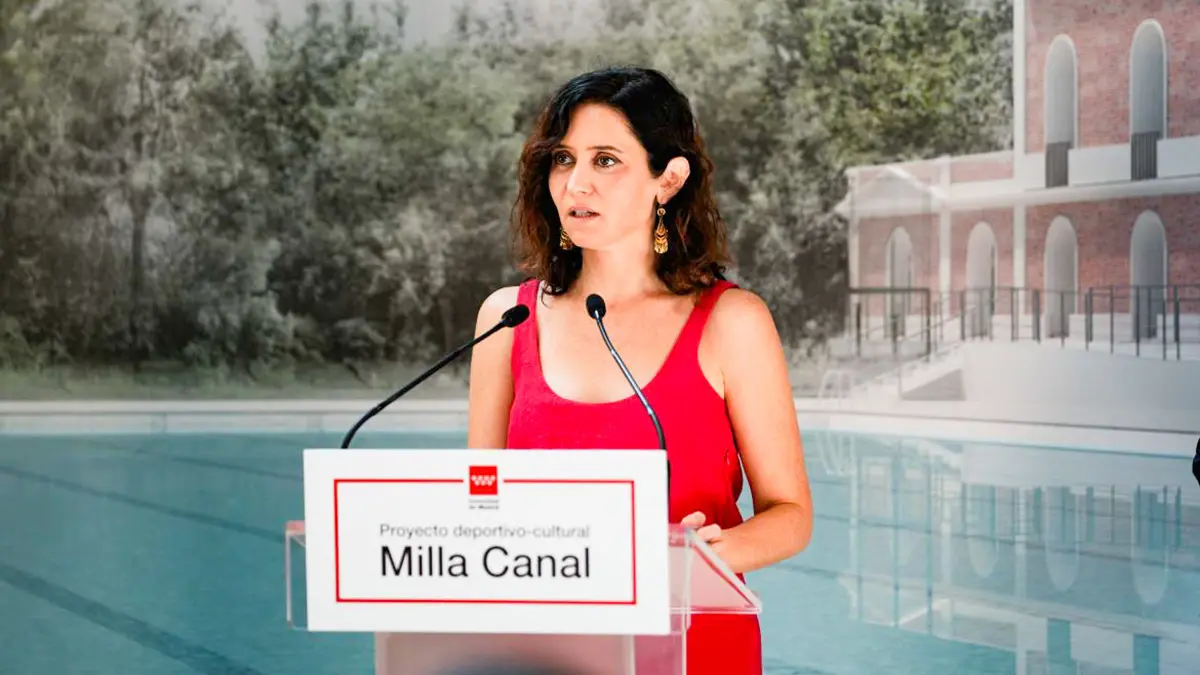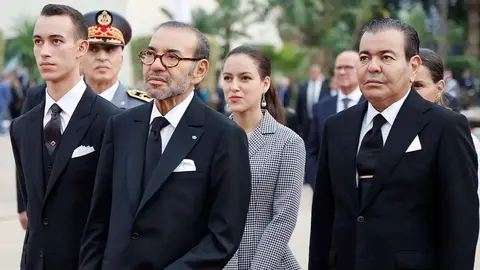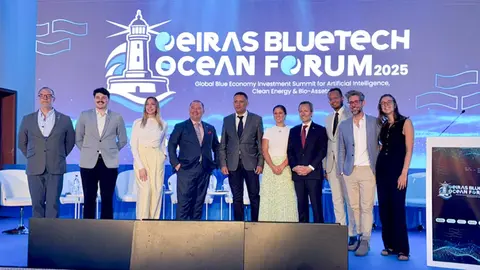The Community of Madrid under Díaz Ayuso cancels the Arabic Language and Moroccan Culture Programme

The Community of Madrid, governed by Isabel Díaz Ayuso of the Popular Party (PP), has decided to cancel the Arabic Language and Moroccan Culture Programme, as announced by Emilio Viciana, Regional Minister of Education, to the Spanish Ministry of Education.
This is an extracurricular programme taught in public schools in Madrid, funded by the Hassan II Foundation, which had around 1,450 students and which, according to the councillor's statement, has ‘serious deficiencies in control and information’, which means ‘a lack of guarantees’ when it comes to providing education independently and without political influence.
The Community of Madrid emphasises the lack of knowledge about the pedagogical training and Spanish language skills of the teachers sent by Morocco and alleges that the selection of staff is limited to the fact that they are Moroccan civil servants. For the Madrid regional government, this is a problem given the lack of control over the teachers who deliver these courses, a situation that has already been communicated to the Ministry of Education.
‘It is not known whether the Ministry inspects the teaching programmes drawn up by these teachers or whether it checks their suitability in accordance with the Practical Guide for Teachers,’ the regional executive has officially stated, also criticising the lack of guarantees to ensure that pupils are properly integrated into the Spanish education system.
This educational programme continues to be taught in other autonomous communities, although, for example, in Murcia it has also been cancelled on the initiative of the right-wing Vox party.
In the Community of Murcia, the Vox spokesman in the Murcian Assembly, Rubén Martínez Alpañez, has already announced its cancellation, although the regional government has not yet made it official.
Vox had also directed its criticism in Madrid against this educational programme provided by Morocco.
The programme, introduced in 2012 under the government of Mariano Rajoy, also of the PP, had the stated aim of ‘teaching the Arabic language and Moroccan culture to Moroccan and non-Moroccan students’ in Spanish primary and secondary schools.
According to the Hassan II Foundation, it also sought to ‘help Moroccan students preserve their identity and culture, while respecting that of their host country’.
These attitudes cast doubt on the content taught, as well as the political intent of the programme, as indicated by the Community of Madrid and the Community of Murcia, which went so far as to denounce the glorification of the Green March that marked Morocco's entry into Western Sahara after the end of Spanish colonial rule.
The regional government of the Community of Madrid has thus stated that control over the content taught and transparency must be non-negotiable.
Various Moroccan media outlets close to the government have denounced this act as hostile and contrary to the educational diversity that the dissemination of Arab culture, and Moroccan culture in particular, can promote in the Spanish education system.
Precisely, this political attitude of the PP and Vox parties represents a setback in the current diplomatic understanding between Spain and Morocco, which in recent years have seen a significant strengthening of relations in all areas following the intense contacts between the King of Morocco, Mohammed VI, and Spanish President of the Government Pedro Sánchez, following the Spanish government's support for Morocco's regional initiative for Western Sahara as the most serious and credible option for resolving the Sahrawi dispute, a very important issue for the Moroccan kingdom because it believes it has to do with the defence of its territorial integrity.
This good understanding also led to the holding in February 2023 of a High-Level Meeting (HLM) led by Pedro Sánchez himself and the head of the Moroccan government, Aziz Akhannouch, which resulted in the signing of more than twenty agreements in many sectors, including education, thanks to the roadmap previously set out by King Mohammed VI and Pedro Sánchez at their meetings in Rabat.
Attitudes such as those recently expressed by the PP and Vox could cloud the excellent relations that currently exist between Morocco and Spain, two key partners and allies on both sides of the Mediterranean.










